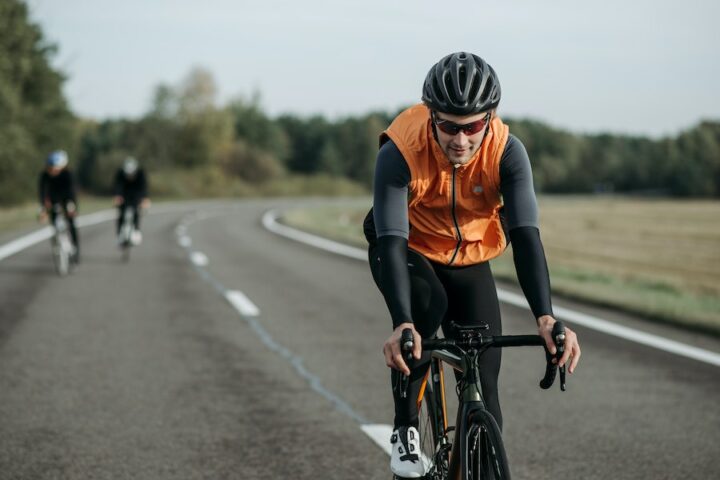
Is There a Value to the One-Hour Easy Ride?
We all understand the purpose of high-intensity intervals and long endurance rides, but is there a value to kitting up and doing a workout that’s both short and easy?
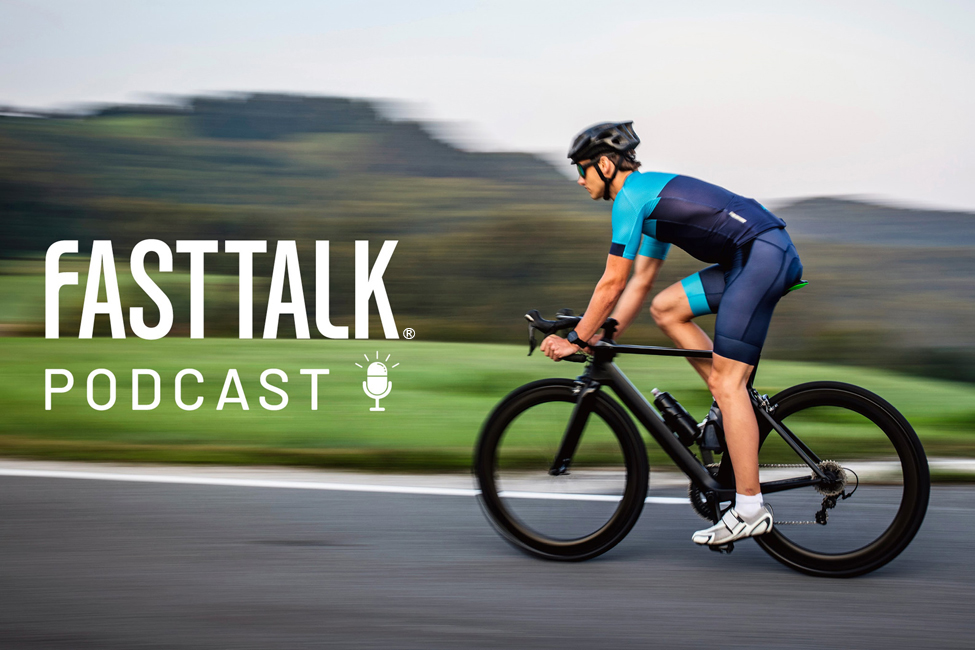
The Fast Talk Podcast focuses on the science of endurance sports in a conversational and informative style. Mixed into the deep discussions, there are tips and takeaways regarding endurance training philosophy, human physiology, workout design, performance nutrition, and sport psychology.
Our hosts Trevor Connor and Rob Pickels explore these topics with world-class, leading experts on endurance sports. These include researchers like Dr. Stephen Seiler, Dr. Bent Ronnestand, Dr. Inigo San Millan, as well as coaches such as Joe Friel, Neal Henderson, Stacy Sims, and Grant Holicky.
Subscribe to Fast Talk for over 275 episodes on Apple Podcasts, Google Podcasts, Overcast, Soundcloud, Spotify, Stitcher, and on your favorite podcasting app.

We all understand the purpose of high-intensity intervals and long endurance rides, but is there a value to kitting up and doing a workout that’s both short and easy?
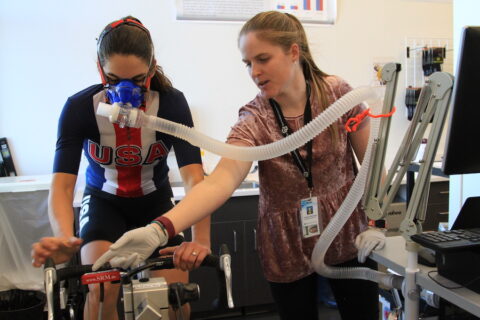
Time at VO2max is driving the recent research on what makes the most effective intervals, but is it a good metric to use? We find out on this week’s Fast Talk podcast.
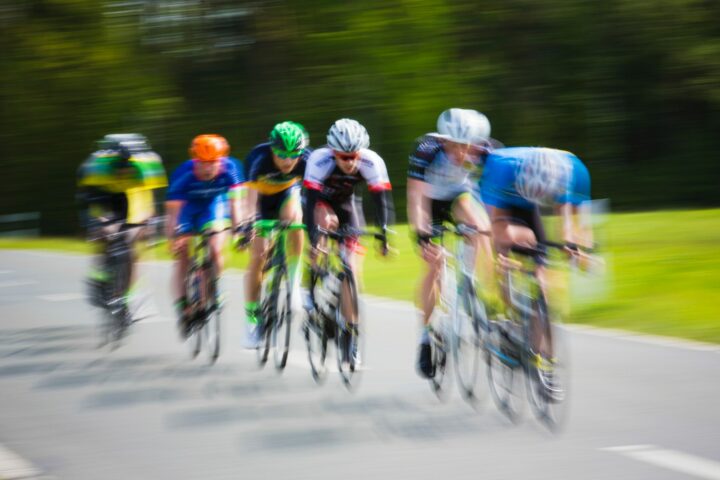
High-intensity training offers many benefits. It also has limitations. We explore just how much HIT work you need to perform at your best.
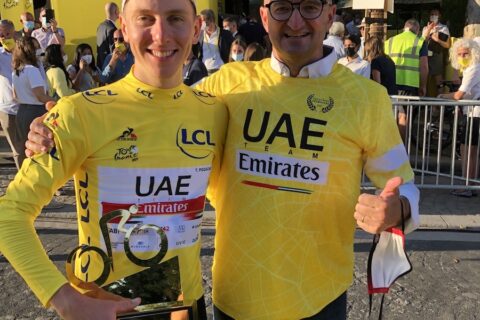
Elite cycling coach Dr. Iñigo San Millán explores the goals of training during the early season, base training months and how to best execute that training.
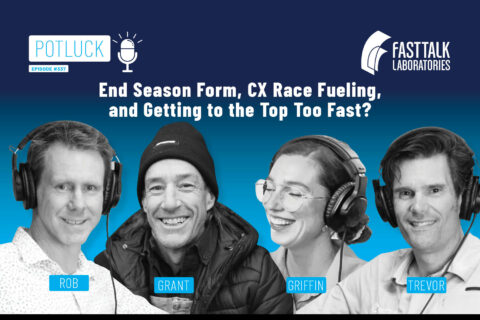
We discuss a host of questions, from how to get a little more out of your form in autumn, to fueling needs for short races like cyclocross, and why so many female athletes seem to excel when entering sports later in life.
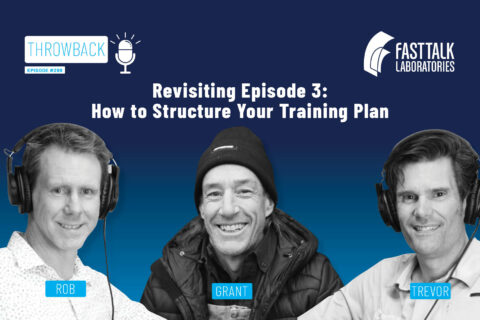
In the very early days of Fast Talk, our hosts summarized – in only 20 minutes – how to map out your training week. In today’s episode we revisit that summary to see just how good a job we did back then.
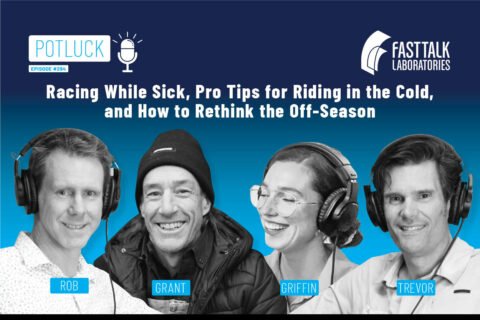
For this week’s potluck we discuss a host of questions, from getting sick during a target race, training in cold weather, and approaching the off season.
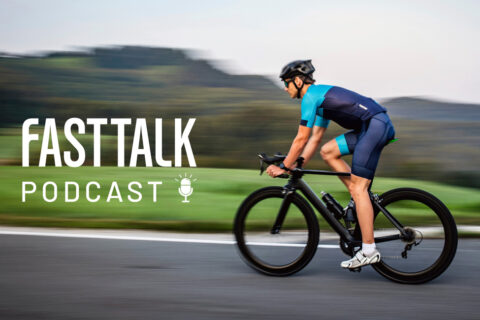
In this week’s episode, our hosts talk about the best work to do leading into the race season, getting meditative during intervals, and preparing for an epic event.

Elite cycling coach Dr. Iñigo San Millán explores the goals of training during the early season, base training months and how to best execute that training.
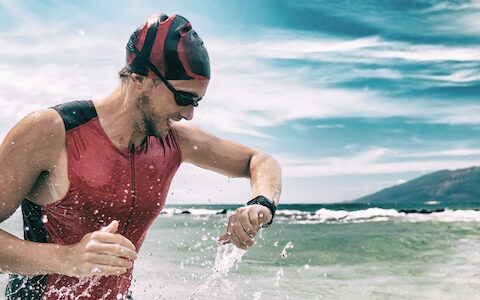
We all need goals to help us stay on track, but what’s the secret to effective goal setting? Two top coaches share their secrets.
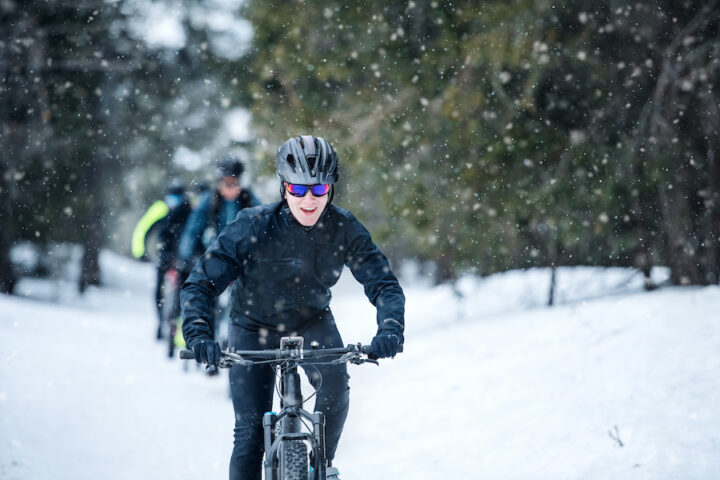
In this week’s show, we talk about training over the holidays, why discomfort is important to our development, and our goals for 2023.
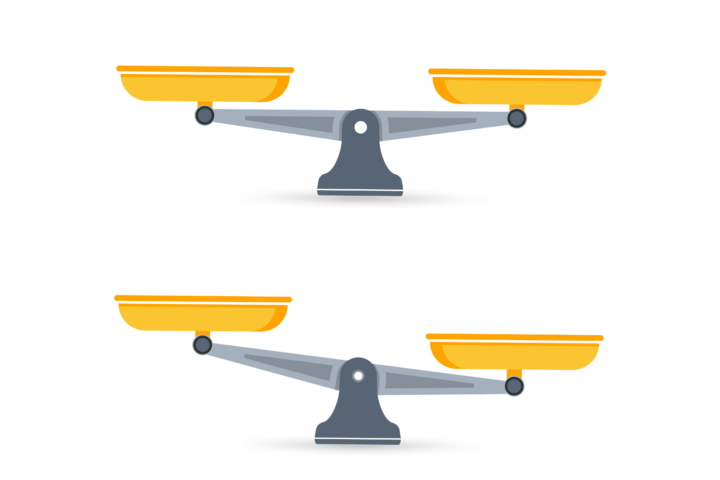
Is more better? We explore how our bodies adapt to training and why the right amount of stress at the right times is a far better way to train than going hard all the time.
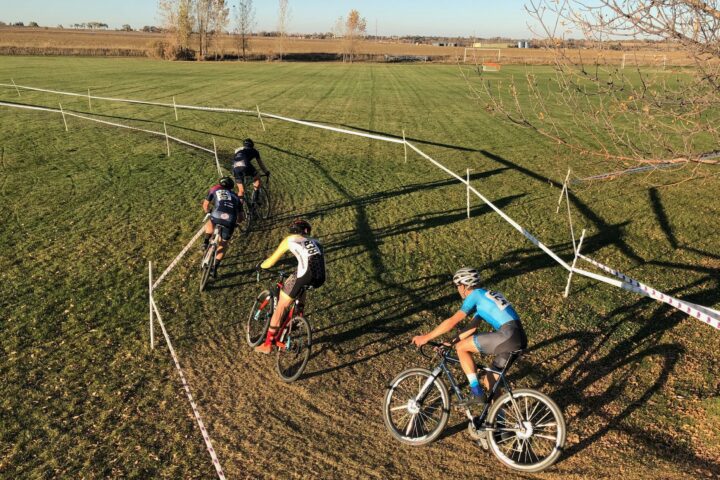
Coach Alec Donahue of Cycle-Smart helps us answer questions about training zones, cyclocross, weekly planning, and alcohol.
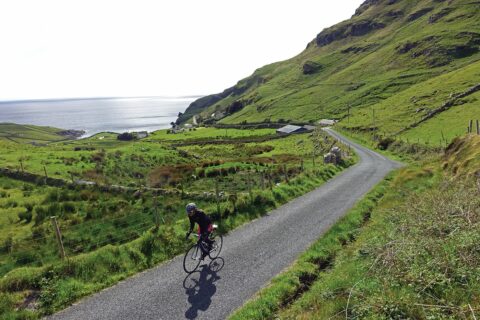
What lessons did we learn from a challenging 2020? What event or adventure plans do we have in 2021? We dive in.

Certain physiological gains only happen after years of development. We discuss how to design training plans that look two or more years ahead.
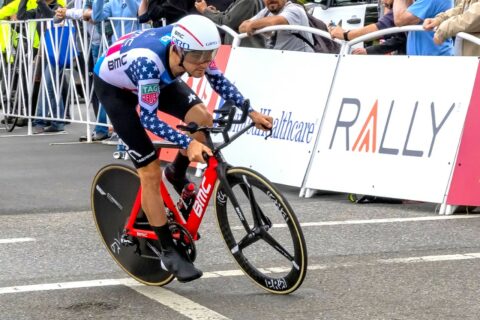
Trevor did several great interviews with four top pros—Toms Skujins, Kiel Reijnen, Joey Rosskopf, and Larry Warbasse—for an article he was writing several years ago, and now we want to share their full wisdom.
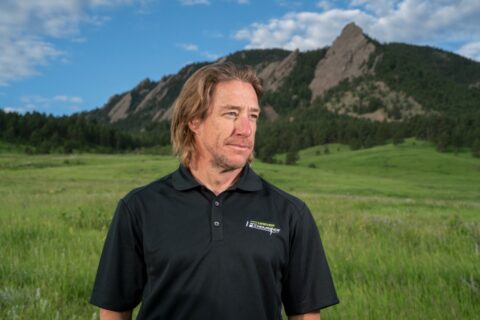
How do we map out our seasons and prepare for a couple events? Do we still need to periodize? Can we be on form all year round?
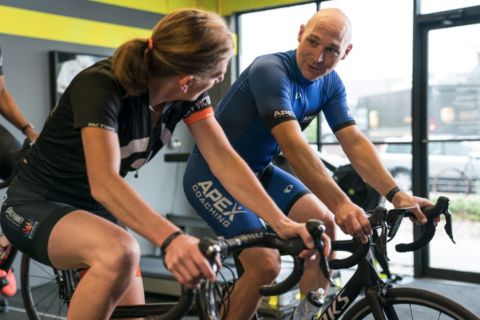
Neal Henderson and Rebecca Rusch answer an important question: Do we really need a coach?
Is it possible to stay fit and fast all year round? We talk to former pro and team director Mike Creed about the toll that cycling takes on a body.
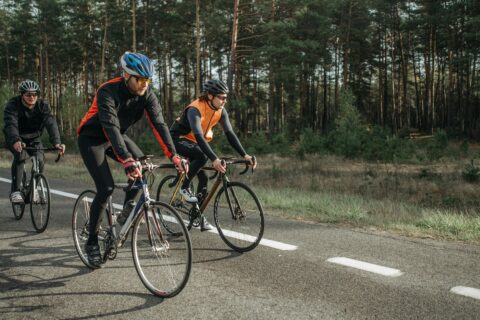
Precisely how should you structure a week, a month, or a year of training to fit in between all the time-snagging realities of life? Listen to find out.
Have limited time to train? Trevor Connor and Caley Fretz discuss the best way to get the most out of your ride time, and whether it’s possible to substitute long, slow base miles with high intensity training.